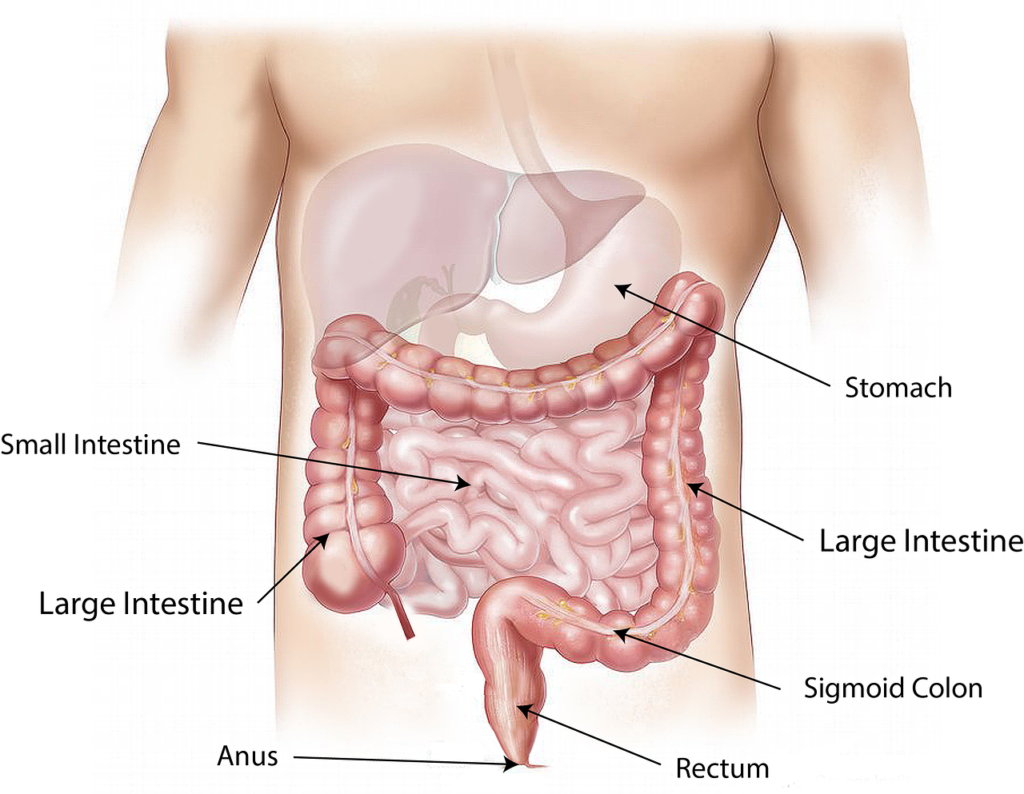
Could your Diarrhea, Constipation, Cramping, Gas or Bloating symptoms be SIBO?
If you have diarrhea, constipation, cramping, gas, or bloating – or all of the above – you might have small intestinal bacterial overgrowth or SIBO.
SIBO is a condition in which your microbiome from your large intestine migrates into your small intestine, where they do not belong. When the microbiome migrates into the small intestine, it starts breaking down sugars and starches you consume too early in the digestive process. This leads to not only bloating, belching, cramping, and flatulence, but also constipation or diarrhea depending on the type of gas produced. Symptoms can range from being mild, with minimal symptoms, to severe enough to interfere with activities of daily living.

Having too much of the microbiome in the small intestine inflames the lining of the intestinal tract, causing malabsorption of nutrients (Vitamin B12) and intestinal permeability, commonly known as ‘leaky gut’. Intestinal permeability allows undigested foods, bacteria, yeast, and other foreign invaders to cross into the bloodstream. This then sets the stage for inflammation, autoimmunity, and other chronic disease to develop.
You can test for SIBO with a methane and hydrogen breath test. However, this is not 100 percent accurate as the microbiome can release other gasses besides methane and hydrogen leading to a false negative result. Another way to tell if you have SIBO is to go on a low FODMAP diet, which removes the sugars and starches that feed your microbiome. If you think you have SIBO, you may want to go on a low FODMAP diet for a couple of weeks and see if it helps with your overall symptoms. If it does, then you may have SIBO.


If diagnosed with SIBO, it is important to identify and address the underlying cause of the problem. Low stomach acid and poor secretion of bile acids from your gallbladder have both been associated with development of SIBO. Some cases of SIBO have been linked to gastric bypass surgery for weight loss. Medications, like proton pump inhibitors, opioids, or chemotherapy drugs, can allow SIBO to flourish. Other times, diseases that affect gastric motility are the problem. These include:
- Hypothyroidism or Hashimoto’s thyroiditis
- Crohn’s disease
- Brain autoimmunity
- Parkinson’s disease
- Diabetes
- Past infections
Treatment of SIBO includes dietary modification, herbal antibiotics or prescription antibiotics to kill the overgrowth, supplements to reduce gut inflammation, exercises to promote regular gastric acid secretion and gut motility, and addressing the underlying cause to promote normal digestion.
If you think you have SIBO and need help, be sure to schedule your initial consultation with Dr. Bose.
